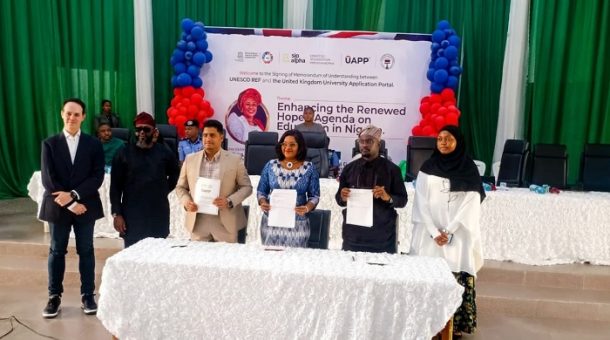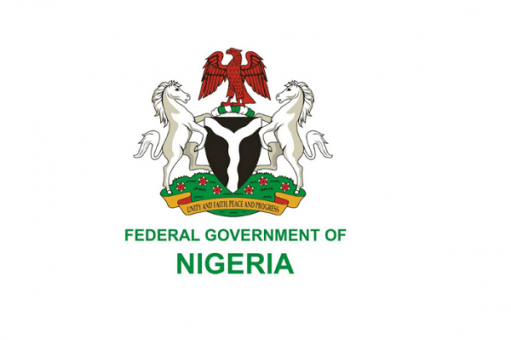
The Trade Union Congress (TUC) has called for petrol prices to be reverted to their June 2023 levels. This demand comes in response to recent price hikes that have significantly impacted consumers and the transport sector.
At a press briefing in Abuja on Thursday, TUC President Festus Osifo emphasized the need for petrol prices to drop below their previous levels, rather than simply reverting to past prices. He urged the government to intervene in the oil sector by providing foreign exchange to Dangote Refinery at a rate of $1/N1,000, rather than the current $over 1/N1,600, in order to effectively reduce petrol prices.
Osifo argued that implementing this solution could bring prices down to the levels seen in June of last year. He highlighted that government intervention is a common practice worldwide in critical sectors and insisted that the Federal Government should not allow the oil sector to be affected by the fluctuations of the naira.
Since May 2023, the Nigerian National Petroleum Company Limited (NNPCL) has raised petrol pump prices in Lagos from ₦184 to ₦998 per litre. As of June 2023, the price was approximately ₦450 per litre.
During a press briefing on Thursday, TUC President Festus Osifo emphasized the importance of ensuring that petrol is available, affordable, and accessible to all Nigerians. He noted that petrol is a crucial commodity for every household, even for those without vehicles.
The trade union has outlined its demands focused on the affordability, availability, and accessibility of petrol. TUC President Festus Osifo called on the Federal Government to direct the Nigerian Midstream and Downstream Petroleum Regulatory Authority (NMDPRA) to grant all marketers licenses to lift petrol from the Dangote Refinery.
Osifo further stated that if the Dangote Refinery cannot meet the current daily demand for petrol, the Nigerian National Petroleum Company Limited (NNPCL) should source refined petrol from alternative suppliers. He emphasized that any shortfall in production, such as less than 15 million litres per day from Dangote, would be insufficient to meet the needs of Nigerians.
TUC President Festus Osifo stated that while efforts are underway to increase production at the Dangote Refinery, it is crucial to seek alternative sources of petrol in the meantime. He emphasized that the government should find ways to fill the supply gap until the refinery can reach sufficient production levels to meet the needs of all Nigerians. Osifo highlighted that ensuring availability is key to addressing the ongoing fuel supply issues.
Nigerians were taken by surprise on Wednesday morning as NNPC retail outlets raised petrol prices significantly in Lagos and the Federal Capital Territory (FCT), Abuja.
In Lagos, many NNPCL stations were observed selling petrol for ₦998 per litre, an increase of about ₦150 from the previous price of ₦855. This sudden hike led to panic buying among motorists, resulting in long queues at filling stations. Other non-NNPCL stations quickly followed suit, with some prices soaring to as high as ₦1,050 in various parts of the city.
Similarly, in Abuja, NNPCL outlets increased their petrol prices from ₦897 to ₦1,030, reflecting the broader trend.
This recent price surge follows an earlier increase on September 2, 2024, when NNPCL raised the price from ₦568 to ₦855, triggering widespread public outcry. While the NNPCL has yet to release an official statement regarding this latest price adjustment, there had been indications of a potential increase when the company began loading petrol from the Dangote refinery.





